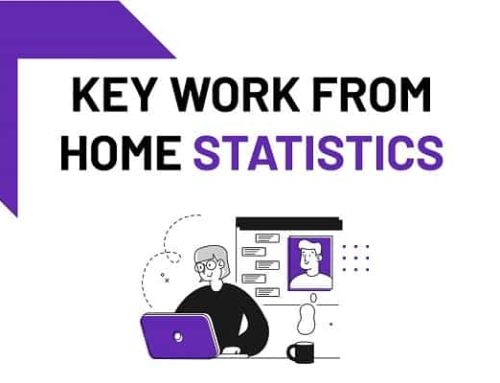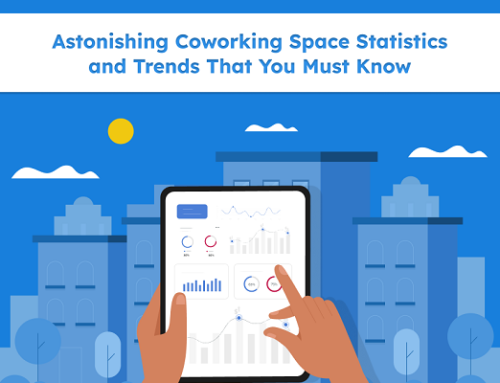No matter how much time you spend glued to your computer, the real fabric of daily work is woven from the human interactions you have with colleagues and clients. Yet the art of conversation is a factor that tends to get overlooked in both academic and on-the-job training. Just because most of us can get through a conversation without triggering disaster, doesn’t mean we’re doing the best we can. Excelling at office interaction takes a little more application, and the taking on board of a few essential principles.
Primarily, it means slowing down and valuing professional conversations for what they reveal and create, rather than seeing them as a means to an end. It’s no surprise that ambitious people get caught up in their own headspace and see workplace encounters as a chance to get their point across and move on with as little fuss as possible, but great things come from a meeting of minds, and that requires listening, empathy, and collaboration. Not only are constant verbal interruptions likely to hinder understanding, but even those interruptions you make in your mind – formulating your response while the other guy’s still talking, for example – can stunt your brain’s ability to take on new information.
Also read: How to Tell Your Employees that Your Business is Struggling
When it does come to speaking up, don’t get hung up on doling out advice – if it’s not been specifically requested, doing so is only likely to engender defensiveness. Instead, it can be both personally rewarding and professionally advantageous to facilitate your colleagues’ ability to create their own solutions, by listening carefully, asking thoughtful questions, and providing cold hard information where it helps.
Storytelling is another great way to engage your colleagues: rather than telling them what they should do, express an anecdote about how somebody’s resolved a similar problem. Your colleague has the freedom to interpret it their own way, without feeling like they’re being spoken down to. What’s more, people remember stories better than they recall other forms of information – that’s probably why the evolution of human culture revolves so notably around the art of storytelling.
Finally, no matter how good your conversation skills get, be careful to use them with discretion. While navigating the quickest way through a conversation is likely to mean overlooking deeper insights, littering a conversation with too much small talk, or arranging too many conversations in a day, will see the power of your words diminish. Fewer, more meaningful conversations will result in more significant progress.
For more ideas on how to tune up your conversation skills and getter better results at work, check out this new visual guide from OnStride.
![[Infographic] How To Have More Productive Conversations At Work](https://149362086.v2.pressablecdn.com/wp-content/uploads/2017/11/Infographic-How-to-Have-More-Meaningful-Conversations.png)





Leave A Comment